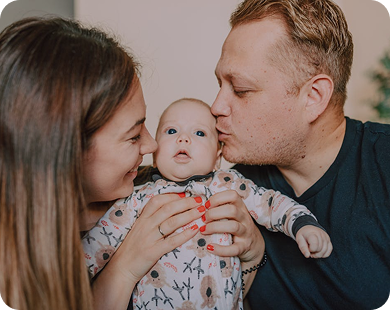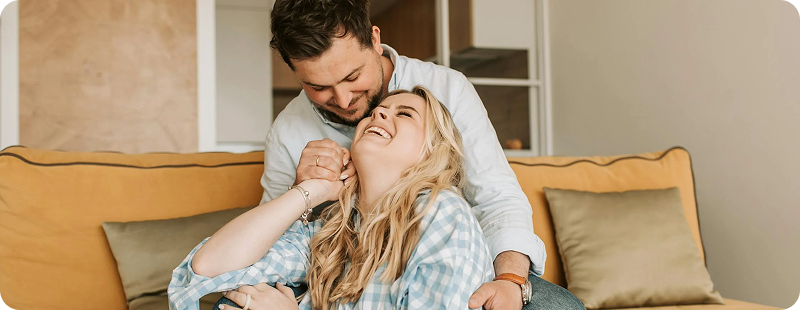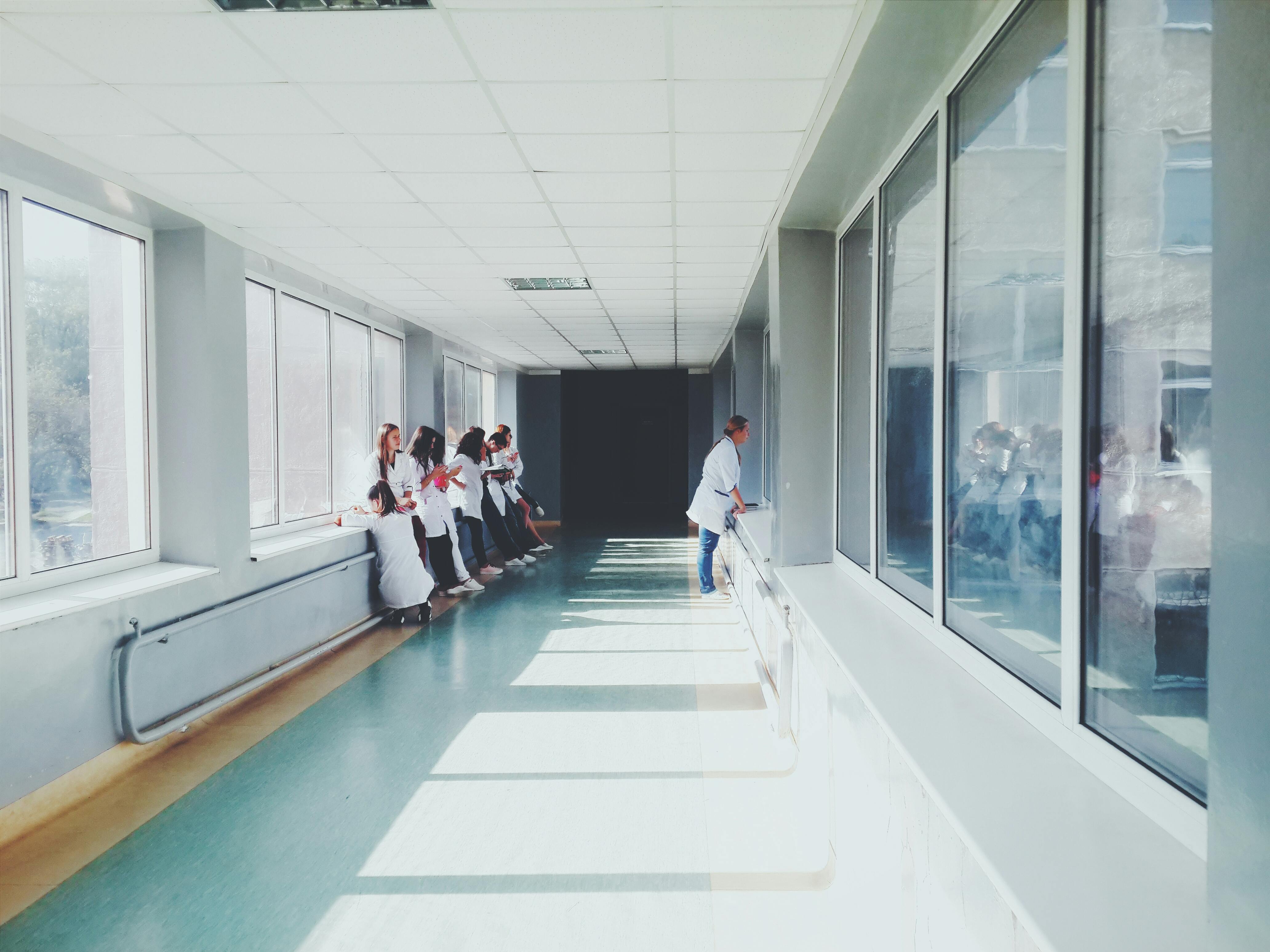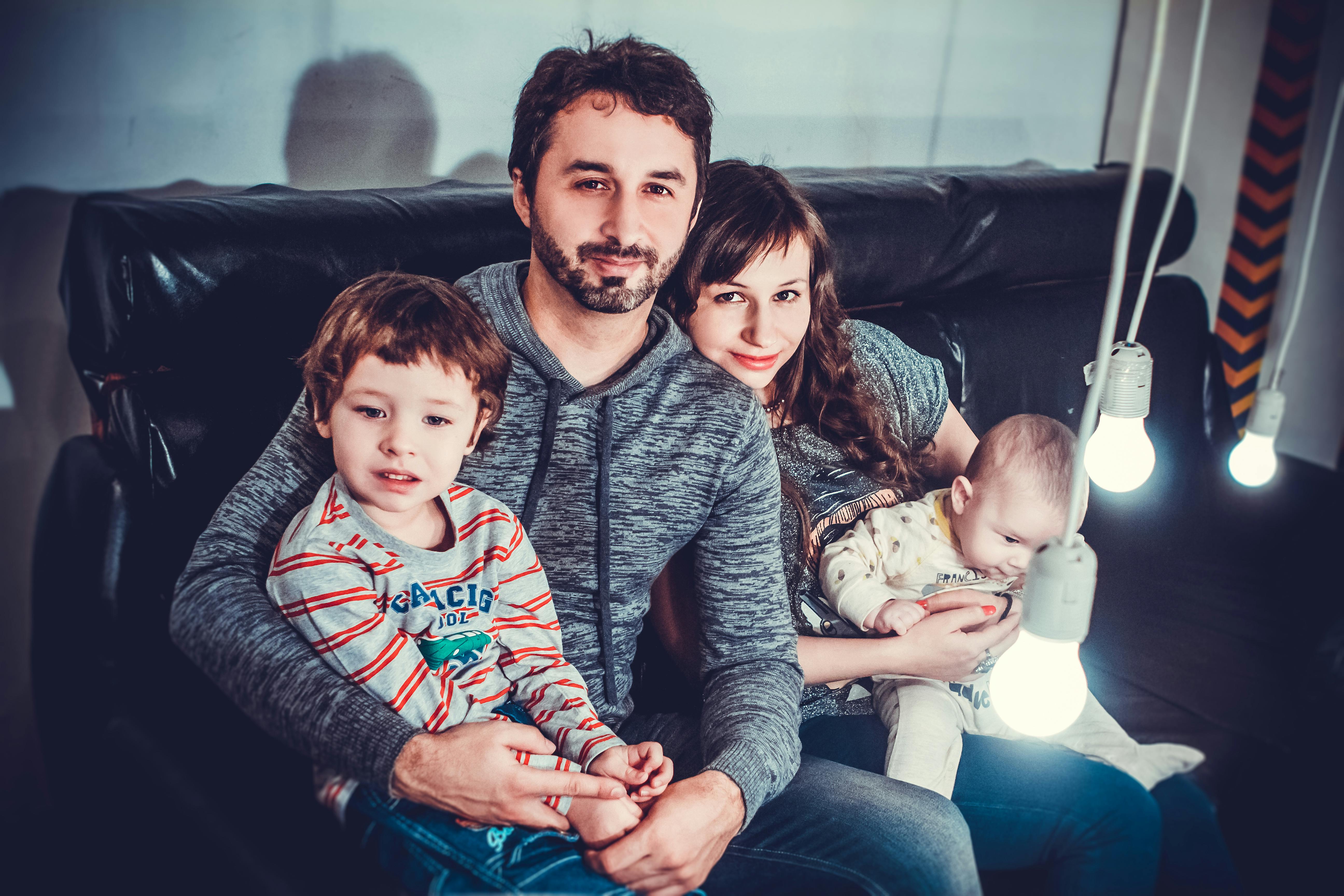Preparing physically for egg sharing is a comprehensive process that involves optimizing your health, understanding the medical requirements, and following specific protocols to ensure the best outcomes for both you and your recipient. At Avida Fertility, we guide you through every step of this generous journey with personalized care and medical expertise.
Understanding Physical Requirements for Egg Sharing
Before you begin the egg sharing process, your body needs to meet specific health criteria. These requirements ensure your safety and maximize the chances of successful outcomes for both parties involved.
| Physical Requirement | Standard Range | Why It Matters |
|---|---|---|
| Age | 21-30 years | Optimal egg quality and quantity |
| BMI | 18.5-25 | Better response to medications |
| AMH Levels | Above 1.2 ng/mL | Adequate ovarian reserve |
| FSH Levels | Below 10 mIU/mL | Good ovarian function |
| Overall Health | No chronic conditions | Safe medication tolerance |
Your physical preparation begins with comprehensive medical screening. This includes blood tests, ultrasounds, and genetic screening to ensure you're an ideal candidate for egg sharing.
Nutritional Preparation for Optimal Egg Quality
Your diet plays a crucial role in preparing your body for egg sharing. Proper nutrition supports healthy egg development and improves your body's response to fertility medications.
| Nutrient | Daily Amount | Food Sources | Benefits |
|---|---|---|---|
| Folic Acid | 400-800 mcg | Leafy greens, fortified cereals | Prevents neural tube defects |
| Iron | 18 mg | Red meat, spinach, lentils | Supports healthy blood levels |
| Calcium | 1000 mg | Dairy, almonds, broccoli | Bone health during treatment |
| Omega-3 | 1000 mg | Fish, walnuts, flaxseed | Reduces inflammation |
| Vitamin D | 1000-2000 IU | Sunlight, fortified foods | Hormone regulation |
Focus on whole foods, lean proteins, and plenty of vegetables. Avoid processed foods, excessive caffeine, and alcohol during your preparation period. These dietary changes should begin at least three months before your egg sharing cycle.
Exercise and Physical Activity Guidelines
Regular exercise is beneficial for egg sharing preparation, but moderation is key. Your exercise routine should support overall health without putting excessive stress on your reproductive system.
| Exercise Type | Frequency | Duration | Benefits |
|---|---|---|---|
| Moderate cardio | 3-4 times/week | 30-45 minutes | Improves circulation, reduces stress |
| Strength training | 2-3 times/week | 20-30 minutes | Maintains muscle mass, bone density |
| Yoga/Stretching | Daily | 15-30 minutes | Flexibility, stress reduction |
| Walking | Daily | 30 minutes | Low-impact cardiovascular health |
Avoid high-intensity workouts or activities that could cause injury during your medication phase. Your body will be more sensitive during ovarian stimulation, so gentle movement becomes more appropriate as you progress through treatment.
Medical Preparation and Screening Process
The medical preparation phase involves comprehensive testing to ensure you're physically ready for egg sharing. This process typically takes 4-6 weeks to complete.
Your initial screening includes blood work to check hormone levels, infectious disease testing, and genetic screening. According to Dr. Sarah Johnson, reproductive endocrinologist at Stanford Fertility Center, "Thorough medical screening is essential for egg donor safety and recipient success rates" (Johnson, 2023).
| Test Category | Specific Tests | Timeline | Purpose |
|---|---|---|---|
| Hormone Panel | FSH, LH, E2, AMH | Cycle day 3 | Assess ovarian function |
| Infectious Disease | HIV, Hepatitis B/C, Syphilis | Any time | Safety screening |
| Genetic Testing | Carrier screening panel | Initial visit | Identify genetic risks |
| Physical Exam | Pelvic exam, breast exam | Initial visit | Overall health assessment |
| Psychological | Mental health evaluation | Before matching | Emotional readiness |
The carrier screening process is particularly important, as it helps identify any genetic conditions you might pass on to offspring. This information helps in matching you with appropriate recipients.
Medication Protocol and Physical Response
Once you're approved for egg sharing, you'll begin a medication protocol designed to stimulate your ovaries to produce multiple eggs. Understanding what to expect helps you prepare physically and mentally.
The typical medication protocol lasts 10-14 days and involves daily injections. Your body's response will be monitored through regular blood tests and ultrasounds to ensure optimal development.
| Medication Phase | Duration | Physical Effects | Monitoring Required |
|---|---|---|---|
| Birth Control | 2-4 weeks | Cycle regulation | None |
| Stimulation | 8-12 days | Bloating, mood changes | Every 2-3 days |
| Trigger Shot | Single dose | Ovulation preparation | Timing critical |
| Recovery | 1-2 weeks | Return to normal | Follow-up visit |
During stimulation, you may experience mild bloating, breast tenderness, and mood fluctuations. These are normal responses to the fertility medications and typically resolve after egg retrieval.
Lifestyle Modifications During Preparation
Certain lifestyle changes can significantly impact your success as an egg donor. These modifications should begin at least three months before your cycle starts.
Sleep quality becomes particularly important during preparation. Research by Dr. Michael Chen at the University of California shows that "adequate sleep directly correlates with improved egg quality and treatment outcomes" (Chen et al., 2022).
| Lifestyle Factor | Recommendation | Impact on Egg Quality | Timeline |
|---|---|---|---|
| Sleep | 7-9 hours nightly | Hormone regulation | Ongoing |
| Stress Management | Daily relaxation | Reduces cortisol levels | 3 months prior |
| Smoking | Complete cessation | Improves egg quality | 6 months prior |
| Alcohol | Eliminate completely | Better medication response | 1 month prior |
| Caffeine | Limit to 200mg daily | Reduces interference | During treatment |
Stress management techniques such as meditation, gentle yoga, or counseling can help you navigate the emotional aspects of egg sharing while supporting your physical preparation.
Understanding the Egg Retrieval Process
The egg retrieval procedure is the culmination of your physical preparation. Understanding what happens during this process helps you prepare both physically and mentally.
The procedure itself takes about 20-30 minutes and is performed under light sedation. You'll need someone to drive you home afterward, and most donors return to normal activities within 24-48 hours.
| Retrieval Phase | What Happens | Physical Sensation | Recovery Time |
|---|---|---|---|
| Pre-procedure | IV placement, monitoring | Mild anxiety normal | 30 minutes |
| During procedure | Egg collection via ultrasound | Under sedation | 20-30 minutes |
| Recovery | Monitoring, discharge | Mild cramping | 1-2 hours |
| Post-procedure | Rest at home | Gradual improvement | 24-48 hours |
Most donors experience mild cramping similar to menstrual cramps for the first day after retrieval. This is normal and indicates your body is recovering well from the procedure.
Post-Retrieval Recovery and Care
Your physical recovery after egg retrieval is just as important as your preparation. Following proper post-procedure care ensures your body returns to its normal state quickly and safely.
According to the American Society for Reproductive Medicine, "proper post-retrieval care significantly reduces complications and supports faster recovery" (ASRM, 2023). Most donors feel completely normal within one week of their retrieval.
| Recovery Day | Expected Symptoms | Recommended Activities | Warning Signs |
|---|---|---|---|
| Day 1-2 | Mild cramping, bloating | Rest, light walking | Severe pain, heavy bleeding |
| Day 3-5 | Decreasing discomfort | Normal activities, no exercise | Increasing pain, fever |
| Day 6-7 | Near normal feeling | Light exercise okay | Persistent symptoms |
| Week 2+ | Complete recovery | All activities resumed | Any unusual symptoms |
Your next menstrual cycle should arrive within 2-6 weeks after retrieval. This timing can vary, but it's a sign that your body is returning to its natural rhythm.
Long-term Health Considerations
Many potential egg donors wonder about the long-term effects of egg sharing on their health and future fertility. Current research shows that egg donation doesn't negatively impact your future fertility or increase health risks.
Your ovaries naturally release thousands of eggs each month that would otherwise be lost. The medications used in egg sharing simply rescue eggs that would have been discarded by your body naturally.
| Health Aspect | Short-term Impact | Long-term Impact | Research Findings |
|---|---|---|---|
| Future Fertility | No change | No reduction | Multiple studies confirm safety |
| Cancer Risk | No increase | No increase | Long-term studies show no link |
| Ovarian Function | Temporary stimulation | Returns to baseline | Normal hormone levels resume |
| Pregnancy Rates | Not affected | Not affected | Donors conceive at normal rates |
The health risks of egg donation are minimal when performed at accredited facilities with proper medical oversight. Most side effects are temporary and resolve completely.
Choosing the Right Clinic for Egg Sharing
Your choice of fertility clinic significantly impacts your egg sharing experience. Look for clinics with comprehensive support, transparent processes, and excellent safety records.
At Avida Fertility, we prioritize donor safety and satisfaction throughout the entire process. Our experienced team provides personalized care, ensuring you feel supported and informed at every step.
| Clinic Quality Factor | What to Look For | Questions to Ask | Red Flags |
|---|---|---|---|
| Medical Expertise | Board-certified specialists | Doctor credentials, experience | Unlicensed practitioners |
| Safety Protocols | Accredited laboratory | Complication rates, monitoring | Rushed processes |
| Support Services | Counseling, coordination | Available support types | Limited communication |
| Transparency | Clear contracts, policies | All costs, expectations | Hidden fees, vague terms |
The transparency of egg sharing programs is crucial for your peace of mind. You should understand all aspects of the process, including compensation, time commitments, and potential outcomes.
Frequently Asked Questions About Physical Preparation
How long does physical preparation take?
Physical preparation typically takes 3-6 months from your initial consultation to egg retrieval. This includes screening, lifestyle modifications, and the actual treatment cycle.
Can I work during the egg sharing process?
Yes, most donors continue working throughout the process. You'll need time off for appointments and the day of retrieval, but the process is designed to fit into your normal schedule.
What if I don't respond well to medications?
If your body doesn't respond adequately to stimulation medications, your cycle may be cancelled for safety reasons. This happens in about 5-10% of cases and doesn't reflect any problem with your health.
How many eggs will be retrieved?
The goal is typically 15-25 eggs, with half going to your recipient and half reserved for your future use. The exact number depends on your individual response to medications.
Will egg sharing affect my future pregnancies?
No, egg sharing doesn't impact your ability to get pregnant in the future. Your ovaries will continue producing eggs normally after the procedure.
What happens if complications occur?
Serious complications are rare (less than 1% of cases), but your clinic should have protocols in place to handle any issues that arise. This includes 24/7 medical support and emergency procedures.
Emotional and Physical Preparation Integration
Physical preparation for egg sharing goes hand-in-hand with emotional readiness. Your mental state can significantly impact your physical response to treatment and overall experience.
Consider working with a counselor who specializes in fertility treatments. Many donors find that addressing their emotional concerns helps them feel more confident about the physical aspects of the process.
| Preparation Aspect | Physical Component | Emotional Component | Integration Strategy |
|---|---|---|---|
| Pre-treatment | Health optimization | Decision confidence | Counseling sessions |
| During treatment | Medication compliance | Stress management | Support groups |
| Post-retrieval | Physical recovery | Sense of accomplishment | Follow-up care |
| Long-term | Health monitoring | Positive reflection | Ongoing support |
The emotional aspects of egg sharing are just as important as the physical preparation. Taking care of both ensures the best possible experience for everyone involved.
Success Rates and Outcomes
Understanding success rates helps you set realistic expectations for your egg sharing journey. Success depends on various factors including your age, health, and the quality of the receiving clinic.
At Avida Fertility, our egg sharing program has helped hundreds of families achieve their dreams while providing donors with a meaningful way to help others. Our success rates consistently exceed national averages.
| Age Group | Eggs Retrieved (Average) | Fertilization Rate | Live Birth Rate per Transfer |
|---|---|---|---|
| 21-25 years | 18-22 eggs | 75-80% | 55-60% |
| 26-30 years | 15-20 eggs | 70-75% | 50-55% |
| 31-35 years | 12-18 eggs | 65-70% | 45-50% |
These rates reflect the importance of thorough physical preparation and proper medical care throughout the process. Your individual results may vary based on your unique circumstances.
Remember that shared cycles can impact success rates differently than traditional IVF, as the eggs are divided between two recipients. This is why proper preparation and clinic selection are so crucial.
Preparing physically for egg sharing is a comprehensive journey that requires dedication, patience, and proper medical guidance. From optimizing your nutrition and lifestyle to understanding the medical procedures involved, every aspect of preparation contributes to a successful outcome.
At Avida Fertility, we're committed to supporting you through every step of this generous act. Our experienced team ensures that your physical preparation is thorough, safe, and tailored to your individual needs. We believe that when donors are well-prepared and supported, everyone benefits – you, your recipients, and the families that are created through your generosity.
The decision to share your eggs is deeply personal and incredibly meaningful. By taking the time to prepare physically, you're not only ensuring the best possible outcomes but also taking care of yourself throughout this important journey.
Considering egg sharing? Avida Fertility is here to support and guide you on your fertility journey. Reach out today for a personalized consultation and take the first step towards helping create families while preserving your own fertility options with confidence.






.png)







.svg)
.svg)
